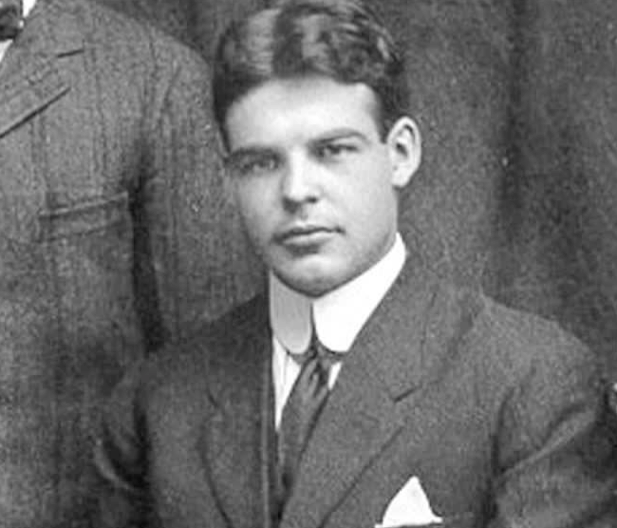
It’s hard to come up with an explanation for the extraordinary life of William Borden.
Borden graduated from a private high school in Pennsylvania in 1903. He was just 16 years old and was already one of the richest men in the United States. William was the primary heir to his family’s fortune, which had come from silver mining out West and not from the famous line of dairy products championed by another Borden family.
If money is no object, what kind of present do you give a 16-year-old high school graduate? Borden received a chaperoned trip around the world.
As he journeyed for the better part of a year throughout Asia, Europe and the Middle East, William was overwhelmed by his encounters with people who seemed mired in financial and spiritual poverty. He wrote back home, “I’m going to give my life to prepare for the mission field.”
His enthusiasm was contagious. Upon entering Yale in 1905, he immediately set out to establish small group Bible studies across the campus. By the end of his first year, 150 fellow freshmen had joined a group, and by the time he graduated in 1909, at least 1,000 of Yale’s student body of 1,300 had become part of the movement.
Borden loved sports. He joined the collegiate wrestling and crew teams and captained his own sailing yacht. Friends were captivated by his outgoing personality and fun-loving spirit. He declined to join a fraternity, however, fearing that it “might set him apart from the class.” He likewise turned down numerous job offers at the end of his senior year.
Along the way Borden personally financed a new street mission to reach out to people in extreme need in New Haven, Connecticut. He routinely volunteered his services. A visitor from England, when asked what had most impressed him during his time in America, replied, “The sight of that young millionaire kneeling with his arms around a ‘bum’ in the Yale Hope Mission.”
After earning a theological degree at Princeton, he turned toward his ultimate goal – ministering to Uyghur Muslims in northwestern China. In order to obtain a firsthand grasp of Islam and Arabic, he moved to Cairo, Egypt. There he boarded with a Syrian family so he could experience conversational Arabic day by day.
In March 1913, however, he contracted cerebrospinal meningitis. Within three weeks he was gone. William Borden was just 25 years old.
The biography Borden of Yale ’09 includes an oft-quoted anecdote. When he first heard the call to the mission field, he wrote the words “No Reserve” in his Bible. When he later doubled down on his commitment to head overseas instead of settling into the family business (not to mention any of his other lucrative offers), he added the words “No Retreat.” Within days of his death he added a final pair of words: “No Regrets.”
We live in an era when a majority of people, including a huge number of Christ-followers, are content to live “uncalled” lives. Preoccupied with our own issues, we struggle to articulate anything beyond ourselves that is worth living for, preparing for, sacrificing for, even dying for.
If you could describe the nature of your spiritual commitment by writing just six words in your own Bible, what words would you choose?
Cynics tend to sniff that Borden’s life had been on a remarkable trajectory, and that he could have made a real difference in the world if he hadn’t succumbed to missionary mania.
But he did make a real difference in the world. His life is still “speaking” more than a century later.
William Borden’s gravestone in the American Cemetery in Cairo is etched with these words: “Apart from faith in Christ, there is no explanation of such a life.”
May we receive the grace to live in such a way that our lives will make no sense at all apart from Jesus.
